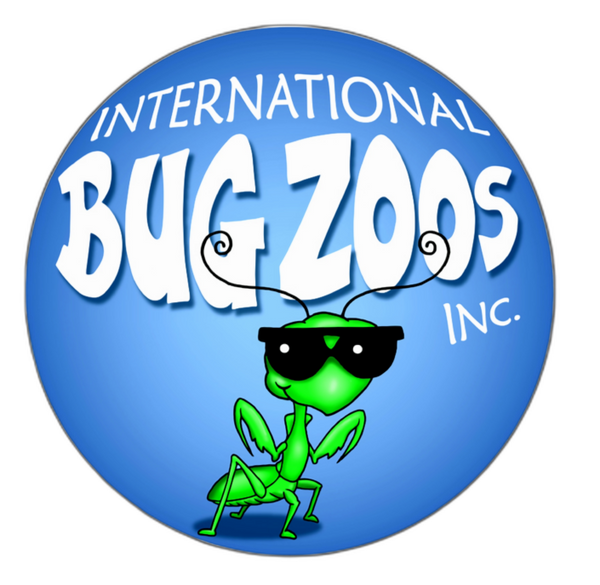Unlocking the Tiny Doors of Ant Farming: Between Fact and Fantasy
Let's dive into the microscopic world of ants, a place where strength is measured in millimeters, and teamwork is the unwavering law. Ant farming, a hobby teeming with intricate details and unexpected surprises, often gets swathed in myths and misconceptions. Let's embark on a witty, philosophical, and fact-packed safari, debunking these myths and unearthing the true marvels of ant farming. But first, why are you fascinated by ants? Do their complex societies intrigue you, or is it their earth-moving capabilities that pique your interest?
Myth 1: “Ant Farms are High Maintenance”
The idea that ant farms require the same level of care as, say, a puppy, is one of the biggest misconceptions out there. Truthfully, ants are remarkably self-sufficient creatures. Give them a suitable habitat, a bit of food, and the occasional moisture, and they're content. They'll do what they've been doing for millions of years - work, build, and take care of their queen and colony. Of course, there's always more to learn and observe, but as for daily upkeep? Not as demanding as you might think!
Myth 2: “You Can Use Any Ant Specimen for Your Ant Farm”
While the notion of scooping up a handful of ants from your backyard and starting a colony sounds enchanting, it's a bit more nuanced. Not all ants are cut out for the glamorous life of living under your watchful eye. Some species, like the harvester or leafcutter ants, are well-suited for ant farms due to their fascinating behaviors and adaptability to enclosed spaces. Picking the right kind of ants is crucial for a thriving ant farm, especially if you're looking to observe particular behaviors and colony dynamics.
Myth 3: “Ant Farms Can Become Ant Infestations”
Here's where Hollywood gets it all wrong. The dramatic scene where an ant farm breaks, unleashing a biblical plague of ants upon an unsuspecting household, is pure fiction. Modern ant farms are designed with escape-proof features, ensuring that your ants stay where they're supposed to. And let's be honest, even if a few curious explorers did manage to escape, they're more likely to seek out the great outdoors than form a new colony behind your couch.
Embracing the Tiny Teachers
Among the soil hills and minute passages, ants offer lessons in diligence, cooperation, and ecological importance far greater than their size might suggest. Their complex societies, though alien, hold a mirror to our own, reflecting notions of teamwork, hierarchy, and sustainability. How will you share this fascinating slice of nature's wonder with others? Will it spark conversations, inspire projects, or simply deepen your appreciation for the tiny lives unfolding silently around us?
The Philosophical Ant: A Creature of Contemplation
Ant farming subtly reminds us of the breathtaking diversity and resilience of life on Earth. It encourages us to ponder our place within the natural world and to respect the small, often overlooked creatures that contribute significantly to our planet's ecosystems. Have you ever considered what insights these tiny architects can offer into the complexities of existence and the beauty of life's interconnectedness?
In conclusion, as we've seen, the world of ant farming is enveloped in mystery, wonder, and a few misguided myths. Debunking these has hopefully sparked a deeper curiosity about these astonishing creatures and the intricate, bustling societies they build right under our noses—or, in this case, on our desks. It's a gentle nudge, reminding us of the beauty and complexity that exists in the smallest of packages.
Isaac Newton once mused, Nature is pleased with simplicity. And nature is no dummy. Perhaps, in the grand tapestry of the cosmos, we're not so different from ants—each playing our part, building our colonies, and reaching for the stars, in our own peculiar way.
To enjoy your very own ant farm, click on the link Amazon Affiliate link below!
Please subscribe and let us know what you would like next from the Bug Zoo.
Click HERE to buy an Ant Farm. Thanks for loving Bugs Too! 🐜💛
